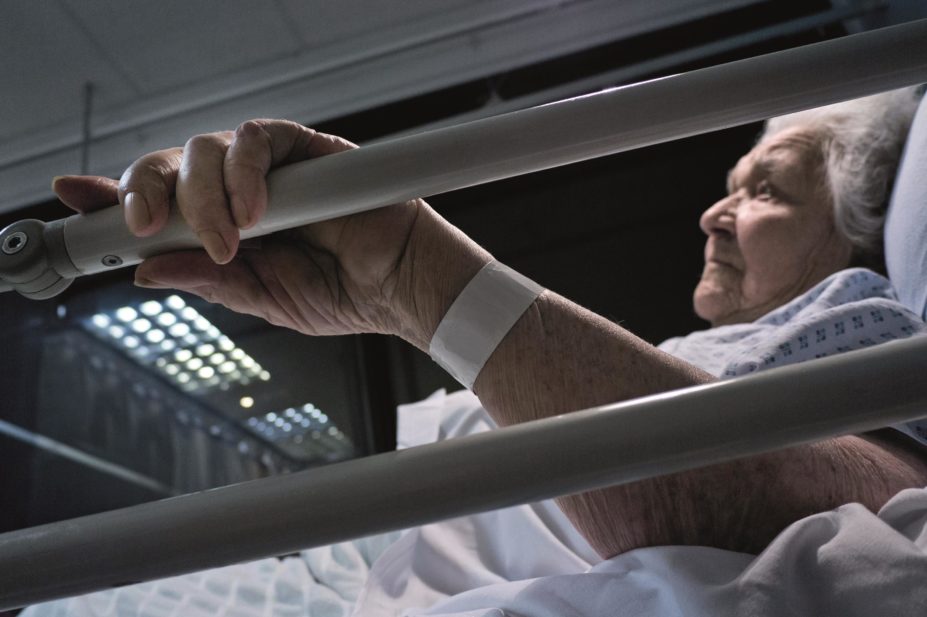
Ian Shaw / Alamy Stock Photo
Post-operative delirium in older patients is associated with poor clinical outcomes and longer hospitalisation. But a survey by the American Geriatrics Society identified delirium as the most poorly understood area of geriatric care.
Therefore, the society commissioned a panel to review the evidence for the use of antipsychotics to prevent delirium in hospitalised patients.
In seven studies involving 1,970 patients aged 61–87 years, antipsychotics did not prevent delirium in patients after an operation, compared with placebo or no treatment. A further 12 studies showed that antipsychotics did not reduce the duration of delirium, short-term mortality or length of stay in either surgical or non-surgical patients.
The researchers conclude in the Journal of the American Geriatrics Society (online, 23 March 2016)[1]
that there is no compelling evidence to support the routine use of antipsychotics to reduce delirium.
References
[1] Neufeld KJ, Yue J, Robinson TN et al. Antipsychotic medication for prevention and treatment of delirium in hospitalized adults: a systematic review and meta-analysis. Journal of the American Geriatrics Society 2016. doi: 10.1111/jgs.14076


